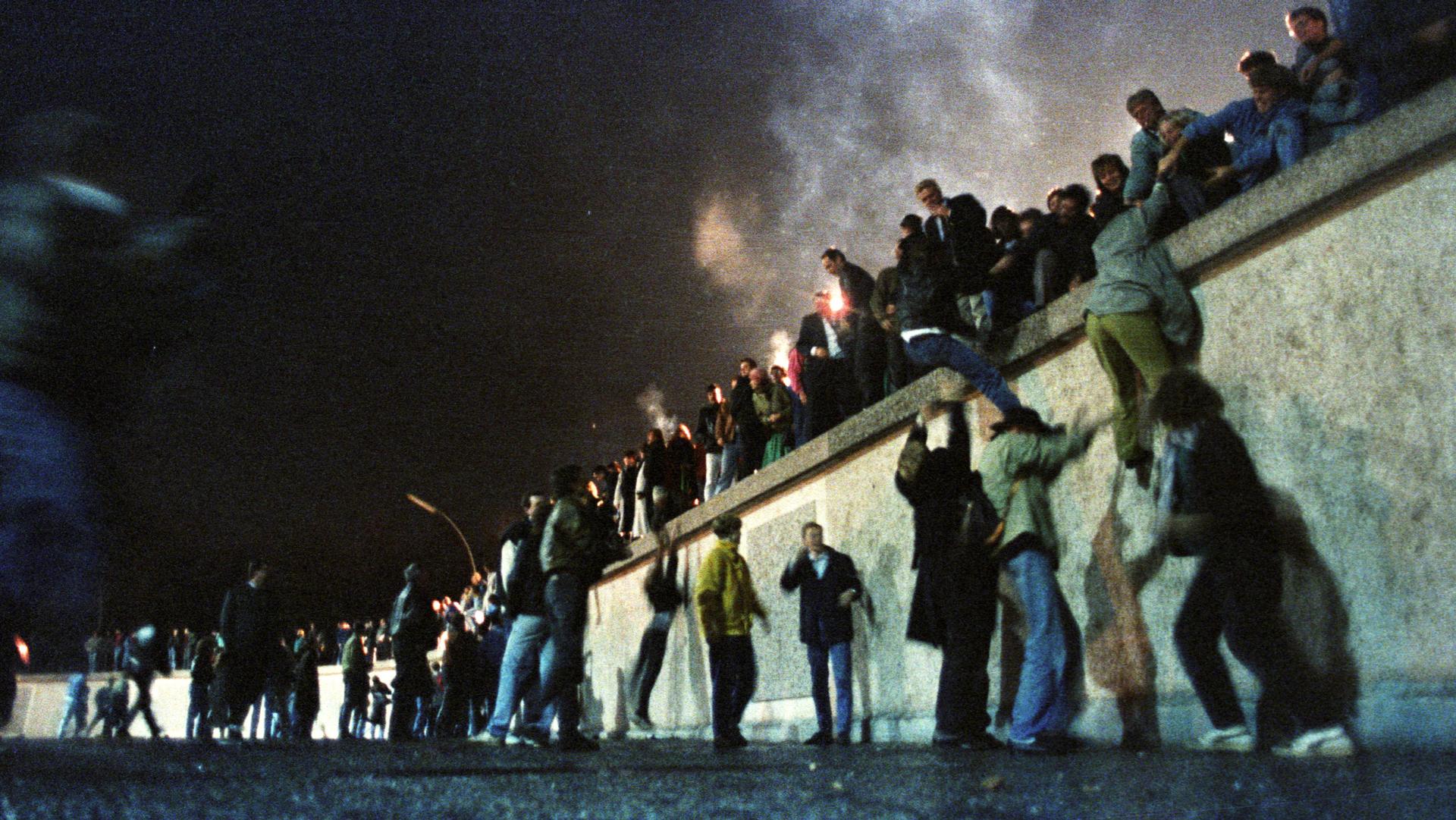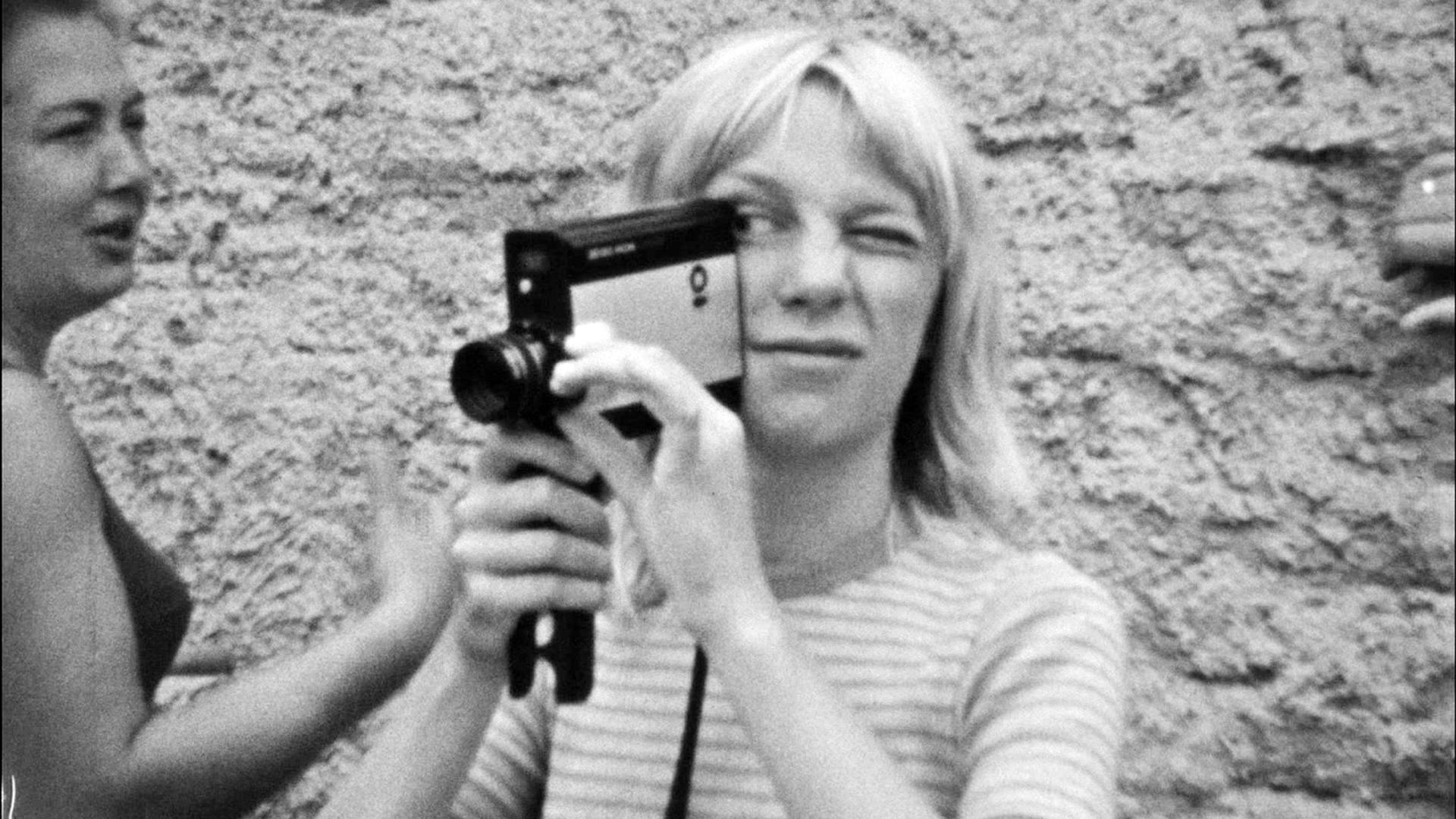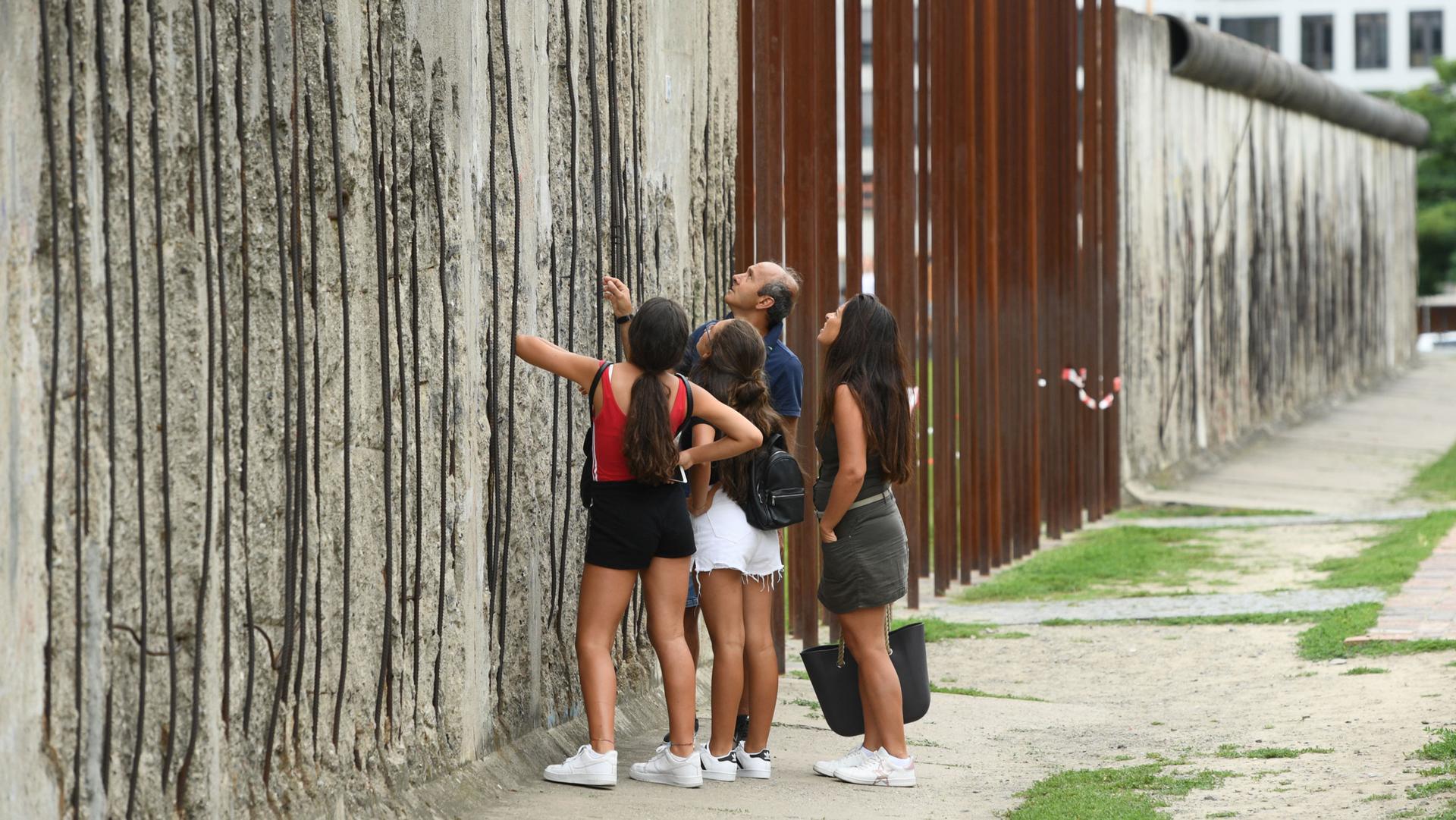East Germany
Love, friendship, protest: 3 former East Germans reflect on the fall of the Berlin Wall 30 years later
The fall of the Berlin Wall in 1989 was a historic moment for East Germans, with a “before” and “after” that resonates 30 years later. The World’s Carol Hills asked three former East Germans to recall how it all went down.
We want to hear your feedback so we can keep improving our website, theworld.org. Please fill out this quick survey and let us know your thoughts (your answers will be anonymous). Thanks for your time!
Worried about its future, this former East German city recruited Syrian refugees
Compared to the rest of Germany, the economy in the former East Germany has struggled. In the small village of Golzow, the population had shrunk to the point where authorities were considering closing the village’s only elementary school. That’s when the town mayor invited Syrian refugee families to move in.
During the Cold War, buying people from East Germany was common practice
East Germany never had a lot of cash on hand. What it did have was political prisoners, and plenty of them. So during the Cold War, the communist regime ransomed hundreds of thousands of people to the West in exchange for much-needed hard currency.
To understand life in East Germany, all you need is this board game
The board game called Bürokratopoly isn’t about getting filthy rich, though players might feel filthy after they’re done playing. The popular German game was created by dissidents in communist East Germany years ago as a satire about power and corruption. Now it has become a teaching tool for German kids trying to understand what it was like to live in the Communist East.
New documentary looks at development of skateboarding culture in East Germany
During the Cold War, all things Western were either forbidden or held in deep suspicion among officials east of the iron curtain. Yet, somehow, the culture of skateboarding that cropped up in California made it into East Berlin, where it thrived. A new documentary looks at that evolution.
Subscribe to The World’s Latest Edition podcast for free using your favorite podcast player:


